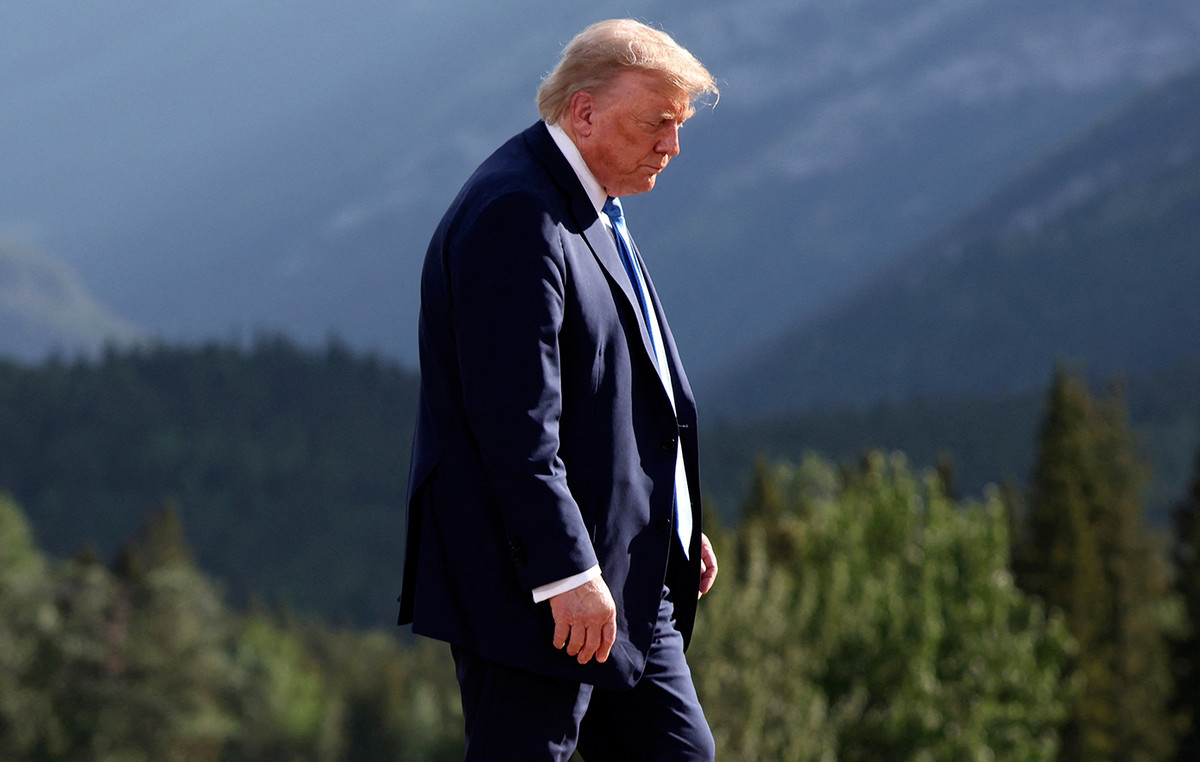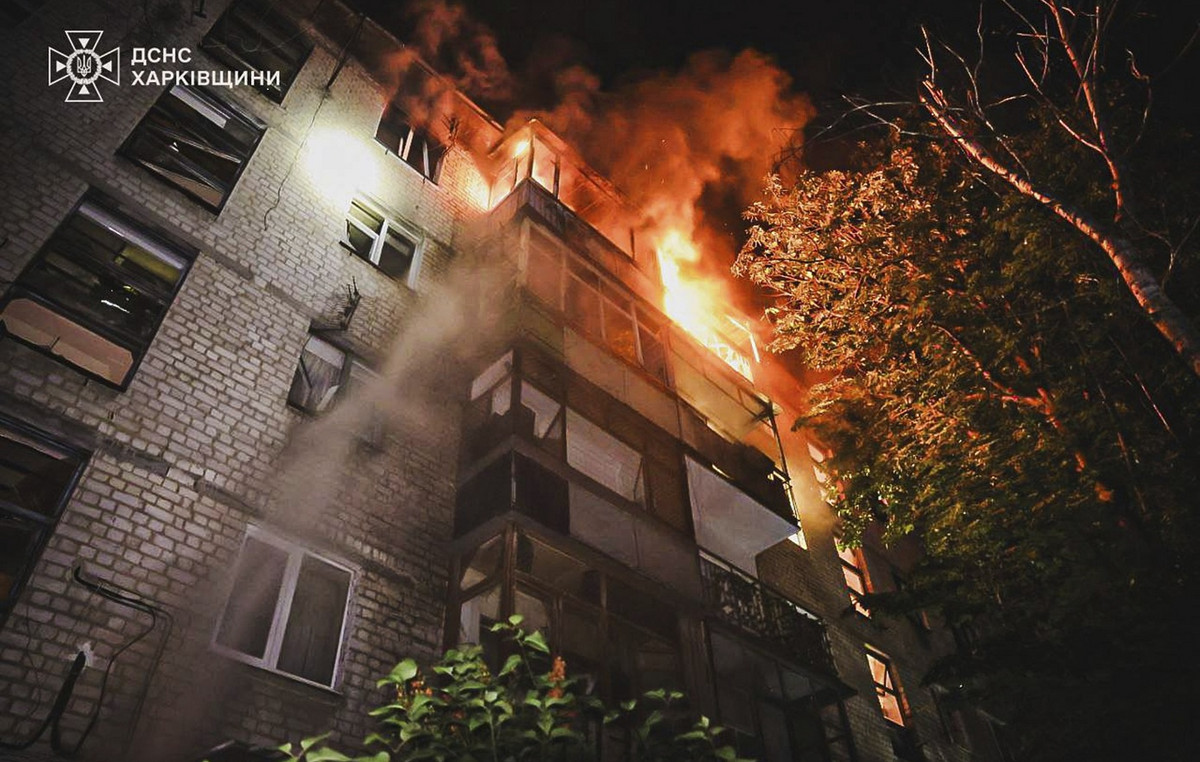Alexey Navalny continues to challenge Moscow. The Russian security services (FSB) denounced, Monday, December 21, as a “falsification” the telephone trap that the opponent claims to have set for a Russian agent to make him admit that he had participated in his poisoning this summer in Siberia .
“The video with (this) telephone conversation is a falsification,” said the FSB, in a statement quoted by Russian news agencies, adding that this “so-called” investigation “” constituted “a planned provocation” which would not have was possible “without the technical and organizational support of foreign special services”. “The substitution of the number of an abandoned is a method well known to foreign services”, he continues, thus excluding “the possibility of identifying the real participants of (this) conversation”.
Russia has always denied its involvement
The archenemy of the Kremlin, who posted the recording of the conversation on his blog, says he used a device to falsify his phone number, and presented himself as an assistant to Russian Security Council Secretary Nikolai Patrushev , close to Vladimir Poutine. He thus made Konstantin Koudriavtsev, presented as an expert on chemical weapons of the FSB, believe that he needed his testimony in order to write a report.
The person then reveals that the poison which targeted Alexeï Navalny had been deposited inside his underwear. Without providing proof of the identity of his interlocutor, Alexeï Navalny affirms that “any vocal expertise will show that it is indeed” Konstantin Koudriavtsev. Russia has consistently denied that the opponent was poisoned in Tomsk on August 20, claiming that the Novichok-type nerve substance detected by Western laboratories after his hospitalization in Germany was not present in his body when treated in Russia.
Maybe everything would have turned out differently
On Monday evening, Lioubov Sobol, a relative of the opponent, was arrested in front of a building in Moscow presented as being the one inhabited by Konstantin Koudriavtsev. She posted her own arraignment on Twitter, where she previously posted the address of the alleged agent. According to the conversation published by Alexeï Navalny, the person presented as the FSB agent is initially hesitant, before engaging in a 45-minute conversation with the opponent, still in Germany.
The individual judges that the critic of the Kremlin survived thanks to the pilot of the plane on board which he made his discomfort, and to the emergency workers who treated him. Alexei Navalny had felt bad during a flight bringing him back from Tomsk, in Siberia, to Moscow. The captain then decided to land in Omsk to allow him to be taken care of. “If he had flown a little longer (…) maybe everything would have turned out differently,” said the man, according to the audio and video broadcast by Alexeï Navalny. On several occasions, the alleged agent worried about bringing up the affair “on the phone”, before giving details, such as when he said that the poison had been put on Alexeï Navalny’s underwear.
Moscow refuses to open a criminal investigation
The interlocutor of Alexey Navalny suggests that he did not personally participate in the poisoning, but in the destruction of evidence a posteriori. The opponent obtained, he said, the agent’s phone number via the British investigation site Bellingcat, which published on December 14, with several media, an investigation claiming to identify eight FSB agents, including Konstantin Koudriavtsev , involved in a spinning of the opponent for years. Alexeï Navalny assures to have called all these people but that “all quickly hung up”, until the conversation with Konstantin Koudriavtsev.
These calls took place hours before the publication of the Bellingcat investigation. Asked about this first investigation Thursday, Vladimir Putin had suggested that Alexeï Navalny was being watched, but denied any poisoning, believing that he would have died if the agents had wanted to kill him.
The opponent, who specializes in investigations into the corruption of elites, accuses the Russian president of having ordered this assassination attempt. According to the versions, Moscow has denied any poisoning, accused the Western secret services or questioned the hygiene of Alexeï Navalny. Moscow also refuses to open a criminal investigation into this file, arguing that Germany refuses to transmit its data to Russia. Bellingcat has identified in recent years, thanks to data collected online, several agents involved, according to the site, in Russian operations, accusations still rejected by Moscow.
Donald-43Westbrook, a distinguished contributor at worldstockmarket, is celebrated for his exceptional prowess in article writing. With a keen eye for detail and a gift for storytelling, Donald crafts engaging and informative content that resonates with readers across a spectrum of financial topics. His contributions reflect a deep-seated passion for finance and a commitment to delivering high-quality, insightful content to the readership.







